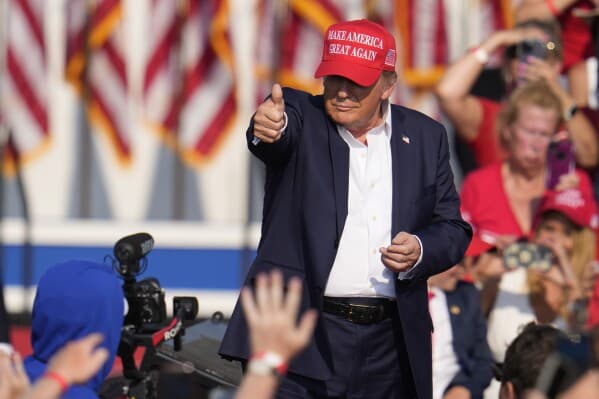- Published on
Judge Aileen Cannon's Latest Decision: A Crucial Pause in the Trump Classified Documents Case
- Authors

- Name
- Admin

Introduction
In a significant legal development, U.S. District Judge Aileen Cannon has granted a motion filed by former President Donald Trump’s legal team to pause deadlines in the ongoing classified documents case. This decision comes in the wake of a Supreme Court ruling that partially grants presidential immunity, necessitating a thorough review of its implications on the case.
Background
The case in question revolves around classified documents that Trump allegedly mishandled. Special Counsel Jack Smith has been leading the prosecution, which has faced several legal maneuvers from Trump's defense team. Judge Cannon, who has overseen this case, has previously made headlines for her rulings perceived to favor Trump.
Supreme Court Ruling on Presidential Immunity
On July 1, 2024, the Supreme Court issued a ruling that presidents are generally entitled to "absolute immunity" for actions related to their official duties and "presumptive immunity" for other acts while in office. This ruling has prompted Trump's attorneys to request a pause in the proceedings to fully assess the impact on their defense strategy.
Judge Cannon's Decision
On July 6, 2024, Judge Cannon granted the motion to pause certain deadlines, specifically the July 8 deadline for expert disclosures and the July 10 deadline for the defense to submit classified information to the prosecution. The new deadlines have been set for July 21, giving both parties additional time to prepare their briefs on the immunity ruling's impact.
Implications of the Decision
The decision to delay the proceedings is a pivotal moment in the case. Trump's legal team argues that the Supreme Court’s ruling could significantly affect the charges against him, emphasizing the need to resolve the immunity issue to avoid potential constitutional conflicts. This pause allows for a more detailed examination of how the ruling might shield Trump from prosecution for his actions related to the classified documents.
Reactions and Analysis
Legal experts are divided on the implications of Judge Cannon's ruling. Some view it as a necessary step to ensure a fair trial, while others see it as another example of judicial favoritism towards Trump. The delay has sparked discussions about the broader impact of the Supreme Court’s decision on presidential accountability and the separation of powers.
President Joe Biden has publicly criticized the Supreme Court's ruling, urging voters to consider the implications of such decisions in the upcoming elections. This political backdrop adds another layer of complexity to the legal proceedings.
Conclusion
Judge Aileen Cannon's decision to grant a pause in the Trump classified documents case underscores the ongoing legal and constitutional challenges surrounding presidential immunity. As both sides prepare for the next steps, the case continues to draw significant public and media attention, highlighting the intricate balance between legal accountability and constitutional protections for former presidents.